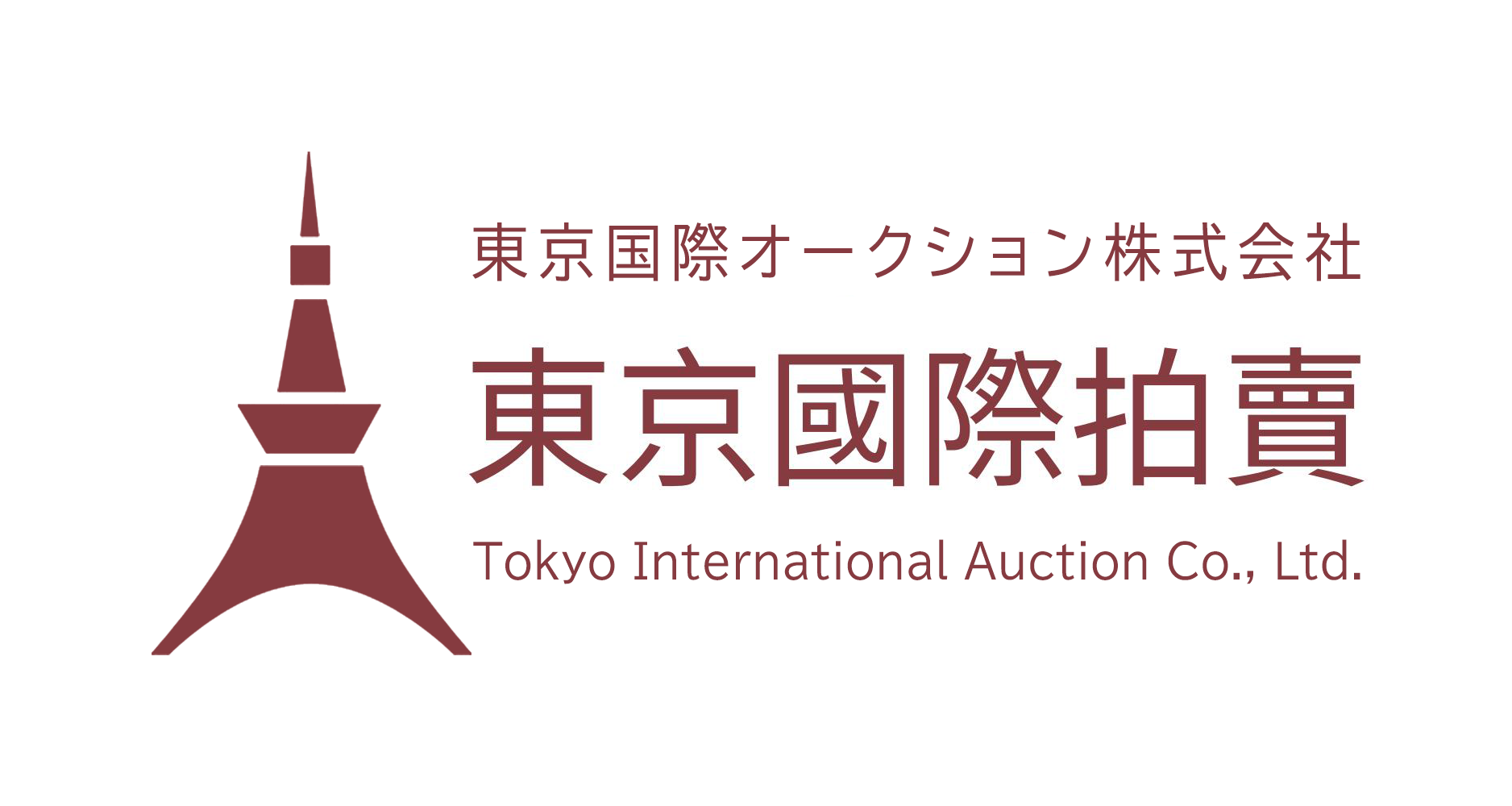How to Solve Common Board Performance Problems
Board performance issues are common and can be traced to a number of factors. These include having proper members on the board, maintaining a healthy atmosphere, ensuring information access, and conducting regular reviews. It is vital to take the correct approach in these areas to improve the board and business.
Board members have a wide range of knowledge about specific subjects, but if certain directors are far ahead of others, it could hinder the discussion at meetings. Boards can combat this by conducting mandatory training sessions for all directors on relevant subjects, such as M&A as well as new locations or regulatory updates. This helps to increase knowledge levels and ensures that all directors are well-prepared for board meetings.
The board hasn’t established structures and procedures that are suitable for executing its duties in terms of evaluation, for instance, by establishing an internal committee for gathering and analyzing performance information or regularly reporting assessment results to the full board to be reviewed.
Boards should also invest in facilitated evaluations by a third party that offer an external layer of expertise and impartiality which is not always present in an internal review. Professional evaluators help keep out the partisan gamesmanship by avoiding accusations and focusing instead on identifying a common path to improvement. They can also act as an impartial mediator to address sensitive issues that involve group dynamics or individual egos. They can offer a roadmap for continuous improvement, including concrete plans and time-bound objectives. They can also provide direction based on best practices and industry trends, helping the board simplify its processes and increase the effectiveness of the board.
